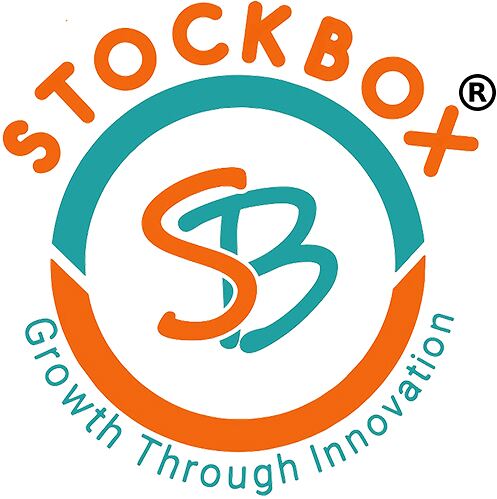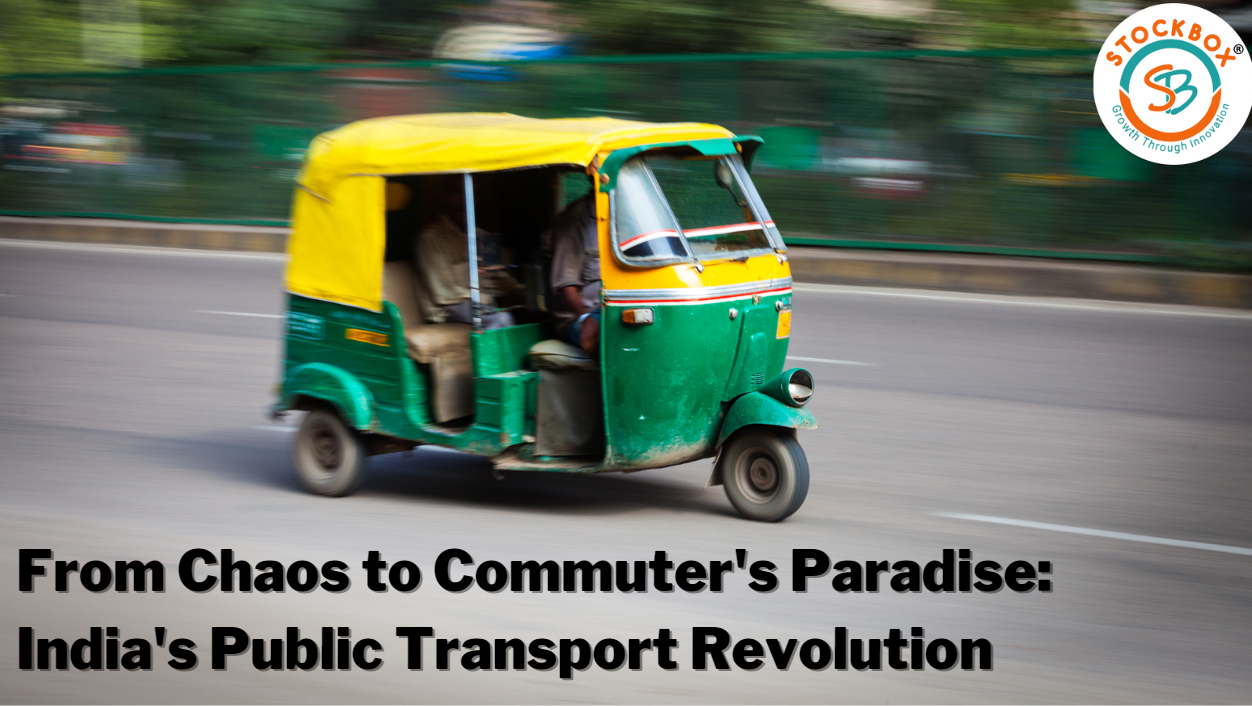The desire for an effective and dependable public transit network has never been more pressing in the large and dynamic country like India, where crowded towns and swarming urban centres are coming up as a norm. The country has started an outstanding effort to modernise its public transport infrastructure with the goal of improving commuter satisfaction and minimising traffic jams. India is quickly rising to the top of the public transport world because to its cutting-edge technology innovations and environmental efforts. In this piece, we’ll explore the fascinating trends that are influencing the direction of public transit in India.
Development of Metro Rail Systems:
Urban mobility has been transformed by India’s expanding metro rail networks. Metro systems have impressively expanded throughout the nation’s major cities like Delhi, Mumbai, Kolkata, Chennai, and Bangalore. Millions of commuters are able to move effortlessly through the heavily crouded metro cities via these modern day marvels. Along with adding to the ease of commuters, these metro networks also provide a safe, effective, and environmentally friendly mode of transportation. These state of the art networks are revolutionizing how Indians commute by providing climate-controlled coaches, seamless connection, and high frequency train arrivals. This significantly cuts travel times and makes travelling an effortlessly experience.
Transition towards electric transportation:
India is speeding towards the use of electrified transportation, making a crucial step towards sustainability. To promote battery-powered automobiles along with offering the required infrastructure, the nation’s government has started a number of aggressive programmes. Electric vehicles such as buses and rickshaws have become more common in many cities, which has decreased carbon emissions while also making streets less noisy and cleaner.
Automobile rental services:
India has seen a rise in bike and car-sharing solutions as a result of evolving requirements and inclinations of travelers. An affordable and environmentally sustainable option to having a car is being offered by companies that provide app-based rental options. For short journeys, commuters may now easily hire bicycles, motorbikes, or vehicles, which eases congestion in the roadways and promotes environmentally friendly transportation alternatives. These creative approaches not only provide convenience but also help lower the transportation industry’s total carbon footprint.
Multi-Modal Integration
In order to improve overall commute experiences and offer seamless connection, India is adopting the idea of multi-modal integration. The development of transport hubs enables effortless switching between multiple forms of travel including the metros, busses and train. This integrated strategy seeks to streamline transfers, shorten travel distances, and support a more complete and sustainable transportation system.
Bottom-line:
India is on the verge of a public transportation upheaval that will fundamentally alter the everyday commutes of countless Indians. The nation’s dedication to multi-modal integration, e-mobility, revolutionary sharing solutions, and metro networks is changing the urban environment. Commuters can expect smooth, environmentally friendly, and joyful commutes every day as the country makes significant steps towards a cleaner, greener, and more effective public transportation system.

